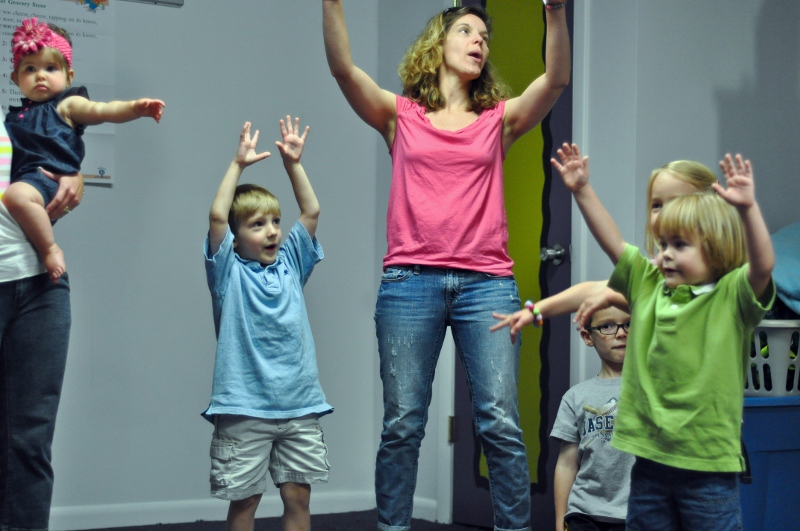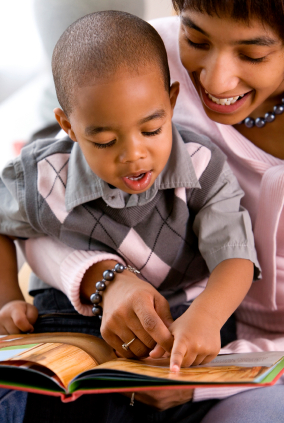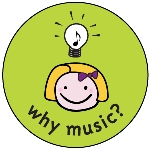 Focused listening activities are part of every Kindermusik class. Why is the skill of listening so important? Being able to focus on, listen carefully to, and distinguish sounds is an important skill in school, work, team play, and even friendship-building. Becoming a focused and
Focused listening activities are part of every Kindermusik class. Why is the skill of listening so important? Being able to focus on, listen carefully to, and distinguish sounds is an important skill in school, work, team play, and even friendship-building. Becoming a focused and
discriminating listener will help your child become a better, happier, more well-rounded learner.
IDEA: Plan a toy hunt! Hide a couple of toys, then instead of saying “You’re getting warmer” or “You’re getting cooler,” use your voice or an instrument. High sounds can mean the seeker is getting closer, while low sounds can indicate the seeker is getting farther away. Then it’s your turn—let your child hide the toys and guide you, the seeker, with high and low sounds.
Compiled by Theresa Case, M.Ed., who has an award-winning Kindermusik program at Piano Central Studios in beautiful Upstate South Carolina.

















